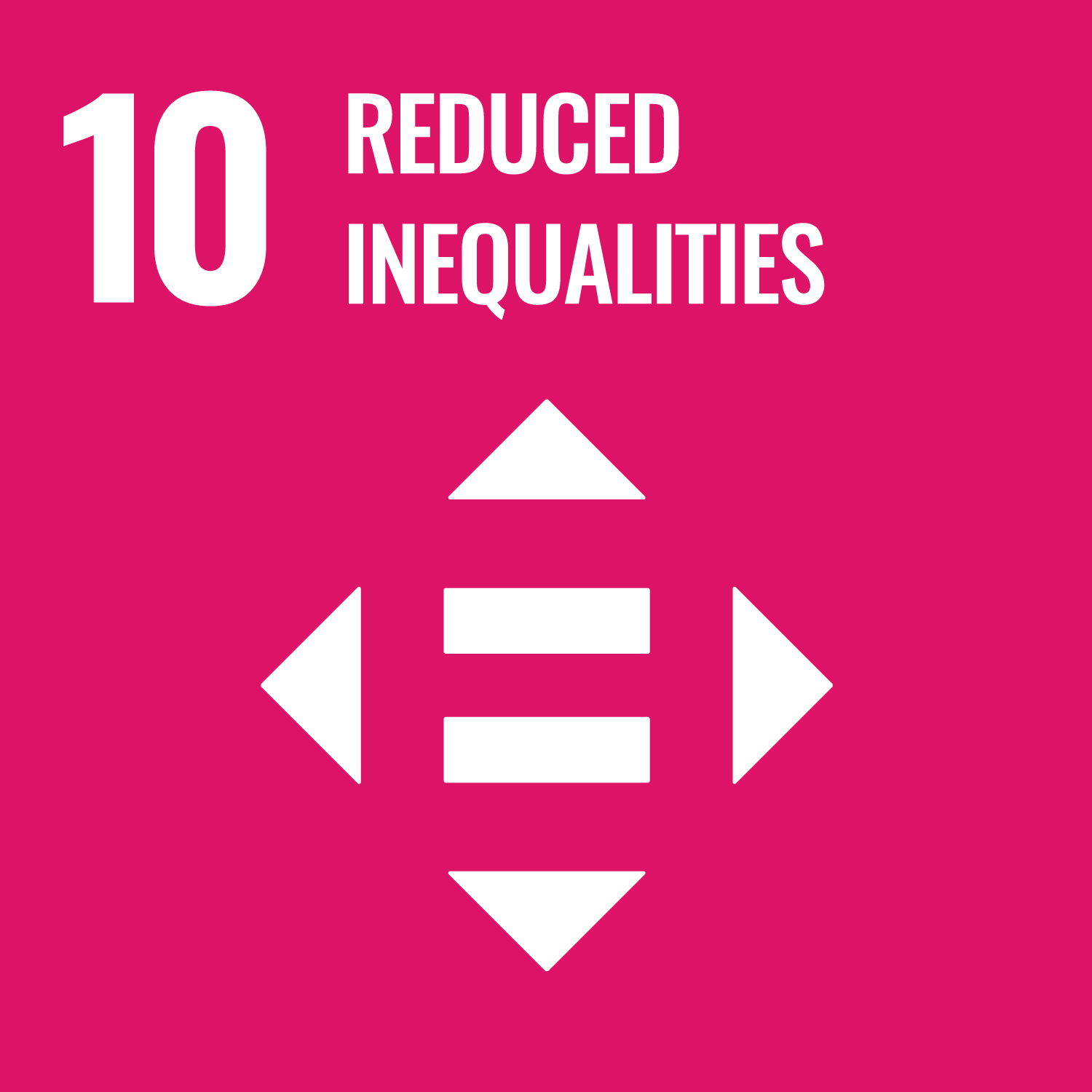Georgeac, O.A.M. and Rattan, A
(2022)
Perceiving Progress toward Social Equality: A Model of Signals and Sense-Making.
Current Opinion in Psychology, 44.
pp. 12-17.
ISSN 2352-250X
![]()
Abstract
How do people evaluate how much social progress has been achieved, and how do these perceptions influence intergroup attitudes? We present a model summarizing the signals and sense-making that arise when people think about progress. We review the signals that shape progress perceptions when people observe individual exemplars of success from, or substantive advances for, negatively stereotyped groups. We also identify three types of stereotype-relevant cognitive schemas that can be disrupted, or exacerbated, as people work to make sense of social progress: bias and perceived threat, beliefs about persisting inequality, and support for further progress. We highlight the complexities of progress – a reversible, fragmented, and sometimes superficial process – that merit further study. We discuss implications for organizations and society.
More Details
| Item Type: | Article |
|---|---|
| Subject Areas: | Organisational Behaviour |
| Additional Information: |
© 2021 Elsevier. This manuscript version is made available under the CC-BY-NC-NC licence https://creativecommons.org/licenses/by-nc-nd/4/0 |
| Date Deposited: | 20 Sep 2021 09:47 |
| Date of first compliant deposit: | 20 Sep 2021 |
| Subjects: |
Inequality Attitudes |
| Last Modified: | 09 Aug 2025 00:50 |
| URI: | https://lbsresearch.london.edu/id/eprint/1961 |





